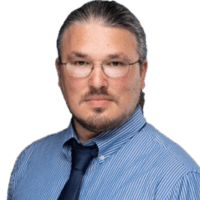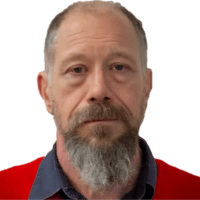Predictive models of cells are needed to understand biology, rationally design microorganisms, and precisely treat disease. Numerous challenges must be overcome to develop predictive models of entire cells. This seminar aims to stimulate discussion about how to overcome these challenges and foster an interdisciplinary cell modeling community.
Tools for Modeling Biological Systems Seminar Series
Motivation
Each month we feature a researcher who has developed a tool or method to support complex modeling, or an expert in theoretical approaches which can be used to address modeling challenges. We will discuss experimental, computational, and mathematical challenges to modeling, current state-of-the-art techniques, and future directions for the field. We are looking for students, postdoctoral researchers, and faculty who value collaborative problem-solving and are interested in learning about the most recent developments in modeling biological systems.
Join the Cell-Modeling-Seminar Google Group to receive mailing list updates or email Eran Agmon to suggest new software or modeling results that you would like to present during upcoming seminars or workshops.
Multiscale Multicellular Modeling: Challenges and Opportunities
December 1, 2023
Multiscale Multicellular Modeling:
Current Challenges and Future Directions
T.J. Sego
Assistant Professor
University of Florida

Dr. Sego’s overarching research seeks to build and enable informative and predictive mathematical and computational models of complex biological systems. Dr. Sego’s basic research interests focus on the coordination and action of the human immune response to viral infections, especially in the context of spatially resolved, dynamic multicellular systems and lung epithelial and endothelial tissues. Dr. Sego uses computational models to elucidate the mechanisms of tissue-, organ- and organism-level host-pathogen interactions in terms of individual cells, and likewise to describe the properties, processes and interactions of those cells in terms of subcellular states. Dr. Sego leverages his multidisciplinary background and experience leading model-based biological and biomedical research to develop technologies targeting multicellular, agent-based and multiscale simulation tools, interactive and high-performance simulation, and collaborative and community-driven research projects.
December 1, 2023
Multi-Scale Multicellular Agent-Based Virtual-Tissue Simulations
James Glazier
Professor
Indiana University

Dr. Glazier is a biophysicist known for his contributions to the field of multiscale modeling, pattern formation, and morphogenesis in biological systems. He is a co-inventor of the Cellular Potts Model (CPM, also known as the Glazier-Graner-Hogeweg model) formalism for simulating the dynamics of cells in biological tissues. Dr. Glazier has been influential in promoting the use of computational modeling and simulation in the study of complex biological phenomena. He moved to the Department of Physics at Indiana University in 2002, where he established the Biocomplexity Institute to advance interdisciplinary study of biological systems.

